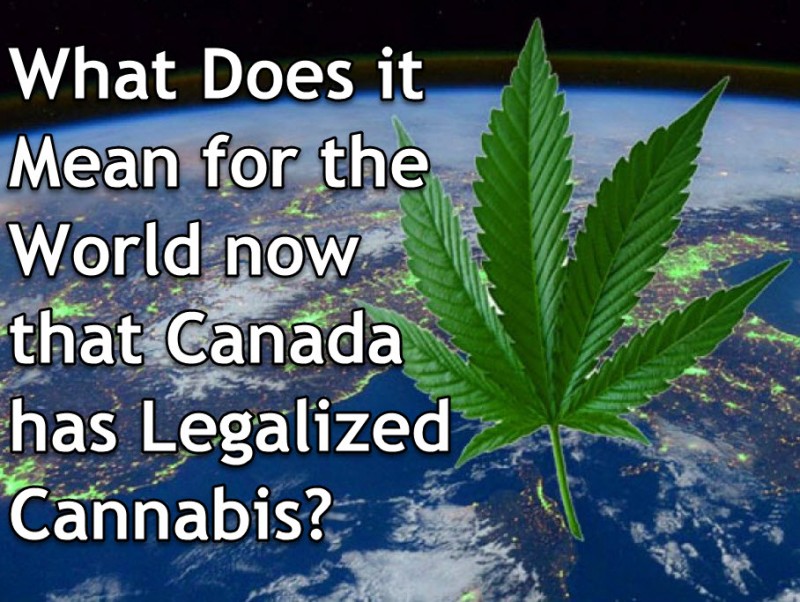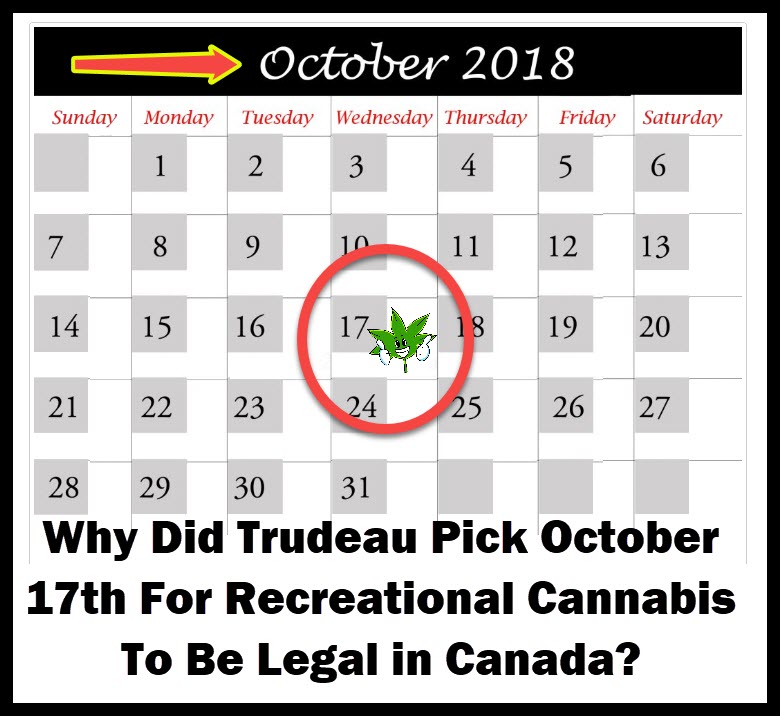What Does it Mean for the World now that Canada has Legalized Cannabis?
Now that Canada Legalized Cannabis, What Does It Mean for the Rest of the World? from CannabisNet on Vimeo.
It’s official, Canada has legalized recreational cannabis in their country. Already a pioneer within the medical cannabis field and global cannabis trade, Canada sets a precedent for other countries to follow in their footsteps.
While other countries such as Uruguay has had a legal framework on the books since 2013, Canada is the first ‘developed’ nation to embrace full-scale legalization. What this will do for the global legalization movement is significant.
An Example to Follow
With Canada pioneering the global cannabis initiative, it is more than likely that we’ll be seeing other modern nations follow suit. There are already talks in the UK about cannabis decriminalization, medical cannabis and potentially even legalization.
While the UK will still be sluggish in their legalization efforts, there is a lot of attention on the subject due to a recent story of a child being granted access to medical cannabis.
The United States now sits in between two nations that have some sort of marijuana legalization at a national level; Canada and Mexico. While Mexico’s medical marijuana initiative is much stricter and currently only allows CBD, the minister of Health has set out a study on full scale legalization.
Irrespective, Mexico would be the last of the three north American countries to legalize.
Within the borders of the US, there is also a lot of groundswell moving towards legalization. The Warren-Gardner Act would essentially pave the way for States to opt into a legal frame work and manage it as they see fit.
It would also allow banking protections to be in place from the Federal government. With many states showing an interest to join the cannabis parade, it might be a matter of years before Congress completely abolishes prohibition [again].
If all the three northern American countries do opt in for a full-scale legalization effort, what would that mean for the North American Cannabis Trade?
A Potential Future
While the United States and Canada are some of the world leaders when it comes to cannabis innovation, growing potent strains and injecting a lot of technology into the industry…they have one problem – an expensive labor force.
As the demand for cannabis products grow, the demand for supply will grow as well. Of course, there will be locally-motivated operations within the Canadian and American border, however the demand will only continue to grow.
If we take a look at any other legal industry, the most obvious action in this case is to outsource the grunt work to cheaper labor markets. Mexico, being part of the northern coalition and with fertile lands and a cheap labor force can supply the United States and Canada with raw materials.
These raw materials would be shipped to the north to be processed into thousands of different products. In turn, this would reduce the cost of cannabis products until it bottoms out and finds the right price range within the market.
Obviously, in order to preserve quality, it would be necessary for US and Canadian cannabis firms to invest into training the cheaper workforce. Under this international collaboration between the countries, we could see a massive increase in cannabis innovation.
Furthermore, with companies mapping the Cannabis Genome, we can start expecting cannabinoid-specific medication to hit the market within the next few years. As researchers understand the genetic code of cannabis, we’ll be able to make condition-specific strains, combination of cannabinoids and the likes.
The medical cannabis world will undergo a massive revolution.
The current model of medical cannabis will most likely fade over time and be consumed by the recreational market. People will still be able to intake their medicine the way they are used too, however they will also have an alternative to use specific compounds within the plant to treat their afflictions.
The recreational markets will explode. Recreational cannabis will infiltrate virtually every marketplace. From hospitality to the service industry, niche cannabis businesses will begin to pop up everywhere.
As a result, new business will mean there will be greater employment opportunities. This will provide some relief to all of the economies involved.
What’s Next?
As of now, Canada will begin to implement their national program. It won’t move at lightning speed, however eventually it will be established as part of ‘every-day-Canadian-things’.
During this time, we’ll have to pay attention to the Bills being passed in the US in relation to Cannabis. If the Warren-Gardner Act passes, we’ll see an exponential shift towards establishing the cannabis industry firmly within the American framework.
Once this is achieved, the United States will have to opt in for legalization as the industry would be too intertwined with the economy to dismantle without causing negative ripples throughout the country.
After the United States legalizes, Mexico will be forced to follow suit. If Mexico were to maintain prohibition, they would essentially create a black market and the flow of cannabis would go from North to South.
One day, in the near future…this might be the reality we all will be living.
Canada Legalizes Marijuana, What Does it Mean For the Rest of the World? from CannabisNet on Vimeo.
OTHER STORIES YOU MAY ENJOY...
WHY DID CANADA PICK OCTOBER 17TH FOR LEGALIZATION, CLICK HERE.








